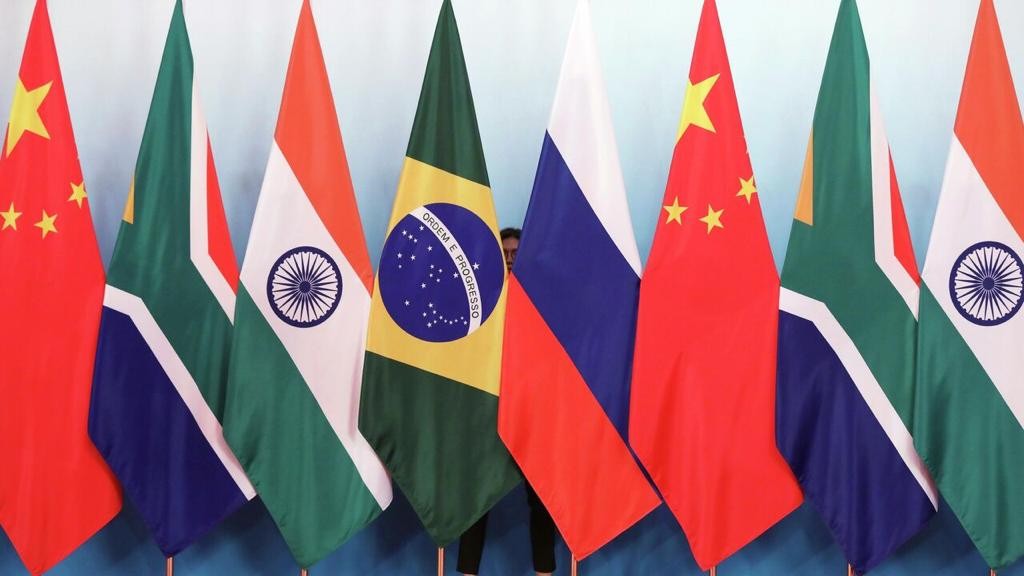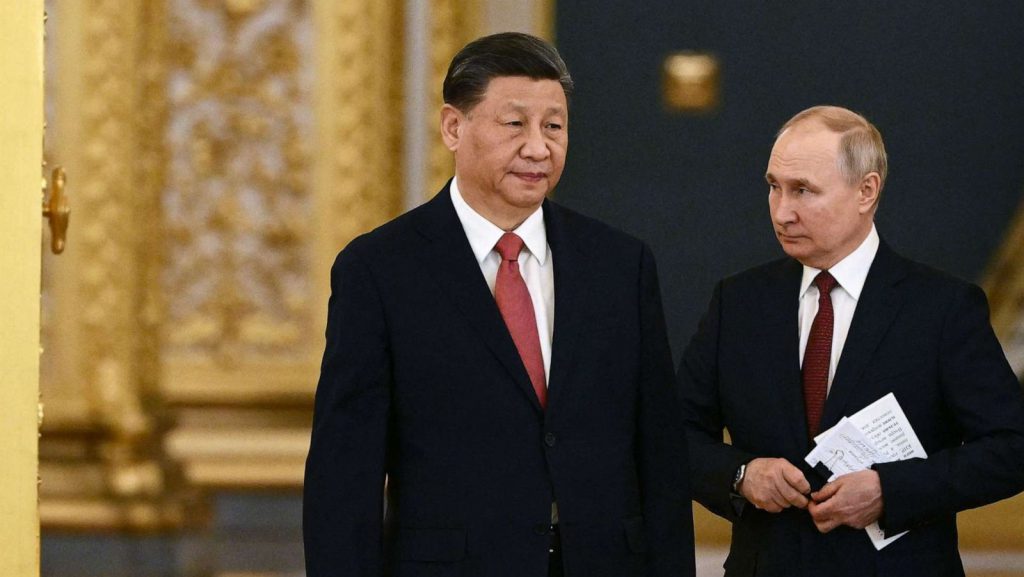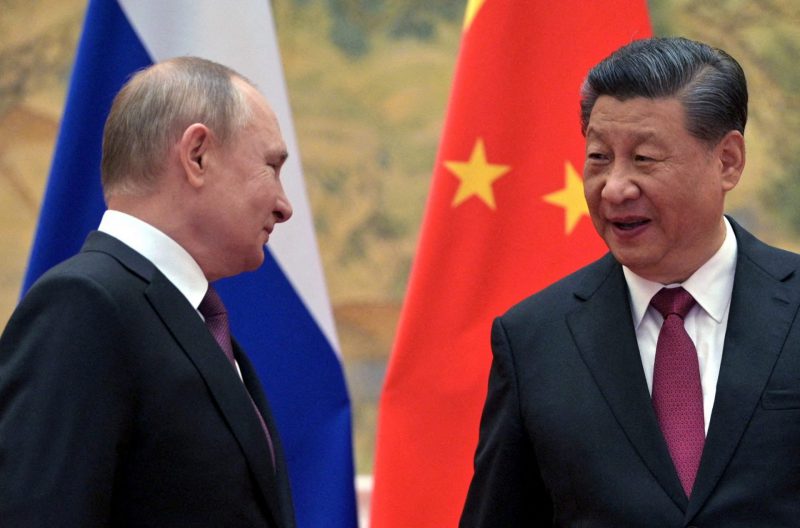The upcoming August summit for the BRICS bloc has long been viewed as the setting for the bloc’s potential expansion. Yet, that prospect has now brought forth some division within the bloc itself. Yet, as the collective is debating criteria, the reality is that the BRICS expansion won’t address its greatest issue: imbalance.
The bloc has long been viewed as a welcoming ground for developing countries. However, a glance at its current members brings forth a top-heavy alliance that could falter as the voice of the global south that it hopes to be. Nevertheless, adding counties to the mix could make things worse before they got better.


Also Read: India and Brazil Opposed to Expansion at August Summit
BRICS Expansion and the Problem of Imbalance
When Goldman Sachs first coined the BRIC phrase, it was due to the country’s economic potential. Prior to their initial summit in 2008, each member state had noted growth. China saw its economy grow by 176%, India by 110%, Russia by 60%, and Brazil and South Africa both by 47% and 41%, respectively.
However, fast forward to a month away from their 2023 summit, and things are rather different. Russia, Brazil, and South Africa have observed notable economic hardship in recent years. Moreover, China and India are still consistently growing economies, but the rate of that growth has slowed significantly.
Also Read: BRICS Bank Encourages Developing Countries to Ditch US Dollar
Ultimately, BRICS expansion won’t address the bloc’s issues with imbalance. Considering its economic standing, China’s economic output of $19 trillion in 2023 will be 50 times greater than that of South Africa. Moreover, with some developing countries seeking to enter the bloc in August, that kind of disparity will only get larger.
The Role China Plays


Moreover, the prospect of expansion has seemingly caused division due to some countries not being too keen on the idea. China has been noted for strongly pushing for expansion. Contrarily, both Brazil and India have been vocal about their desire to develop more stringent growth prospects.
Yet, as the bloc approaches growth, it must first reckon with its current makeup and the issues that could arise. China is certainly the largest and most prominent country to be a part of the collective. However, it is rather difficult to observe China as the voice of the developing global south.
Also Read: US Comments on Global Partners Seeking BRICS Membership
Currently, these countries are all brought together by their disdain for Western hegemony. Although that is certainly understandable, the process of counterbalancing it must be carefully crafted. Growth could hinder progress and create more imbalance throughout the alliance. Subsequently, creating a situation where growth may only succeed in a complete restructuring of the bloc.





